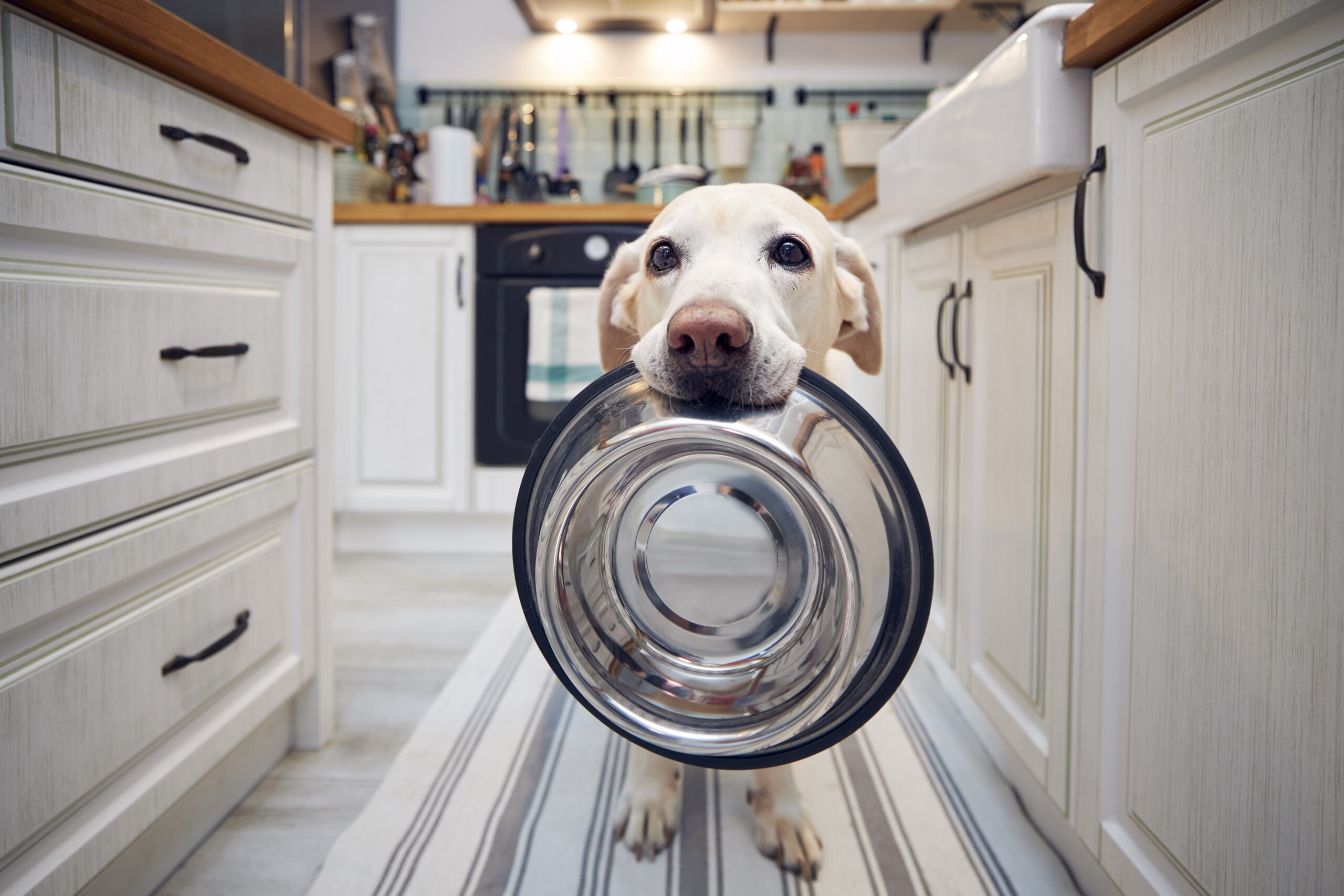Fresher Might Be Better
As a dog parent, ensuring your furry friend’s health and happiness is top of your list. One key aspect that significantly impacts your canine’s well-being is their diet. Providing your dog with a fresh food diet can be a game-changer, benefiting their overall health and longevity. Here, we’ll explore the advantages of feeding your dog fresh food, the potential drawbacks of processed alternatives, and how you can make the switch successfully. We are pet parents at PawPaw and we’d love to share this useful info with you!
Understanding the Benefits of Fresh Food for Dogs
Optimal Nutrient Intake
Fresh food, including lean meats, vegetables, and fruits, offers a wholesome and natural source of nutrients for your dog. These foods are rich in essential vitamins, minerals, and antioxidants that support your pet’s immune system, improve digestion, and promote vibrant skin and coat.
Enhanced Digestion
Unlike processed dog foods that may contain artificial additives and fillers, fresh food is easily digestible for your canine companion. This can lead to better nutrient absorption and reduce the risk of digestive issues, such as bloating and constipation.
Maintaining Healthy Weight
A balanced fresh food diet can help regulate your dog’s weight effectively. Obesity in dogs can lead to various health problems, including joint pain and heart issues. By feeding them fresh, portion-controlled meals, you can maintain their ideal weight and increase their overall energy levels.
Downsides of Processed Dog Foods
Preservatives and Additives
Many commercial dog foods include preservatives and additives to extend shelf life and enhance flavor. Unfortunately, these chemicals may not be suitable for all dogs and can lead to allergic reactions or other health complications.
Lower Nutritional Value
The processing of dog food often involves high heat, which can reduce the nutrient content significantly. As a result, some processed dog foods may not provide the essential nutrients your dog needs to thrive.
Risk of Obesity
Due to the high-calorie density of some processed dog foods, overfeeding becomes a common issue. This can contribute to excessive weight gain and obesity, which can shorten your dog’s lifespan and reduce their quality of life.
Making the Switch to a Fresh Food Diet
Consulting Your Veterinarian
Before making any significant changes to your dog’s diet, consult your veterinarian. They can assess your dog’s specific nutritional needs and provide personalized recommendations for a fresh food diet.
Gradual Transition
When introducing fresh food to your dog’s diet, it’s essential to do so gradually. Sudden dietary changes can upset their stomach and cause digestive discomfort. Slowly mix fresh food into their current diet and monitor their response.
Variety is Key
Offer your dog a variety of fresh foods to ensure they receive a broad spectrum of nutrients. Lean proteins, such as chicken, turkey, and fish, combined with an assortment of vegetables and fruits, can create a well-rounded and satisfying diet.
To wrap it up:
Embracing a fresh food diet can revolutionize your dog’s health and overall well-being. From optimal nutrient intake to improved digestion and weight management, the benefits are numerous. (Also, less stinky farts !) Remember, always consult your veterinarian and introduce dietary changes gradually. By taking these steps, you can ensure a happy, healthy, and vibrant life for your furry buddy.
!) Remember, always consult your veterinarian and introduce dietary changes gradually. By taking these steps, you can ensure a happy, healthy, and vibrant life for your furry buddy.
Yours in paws,
The PawPaw Team.

